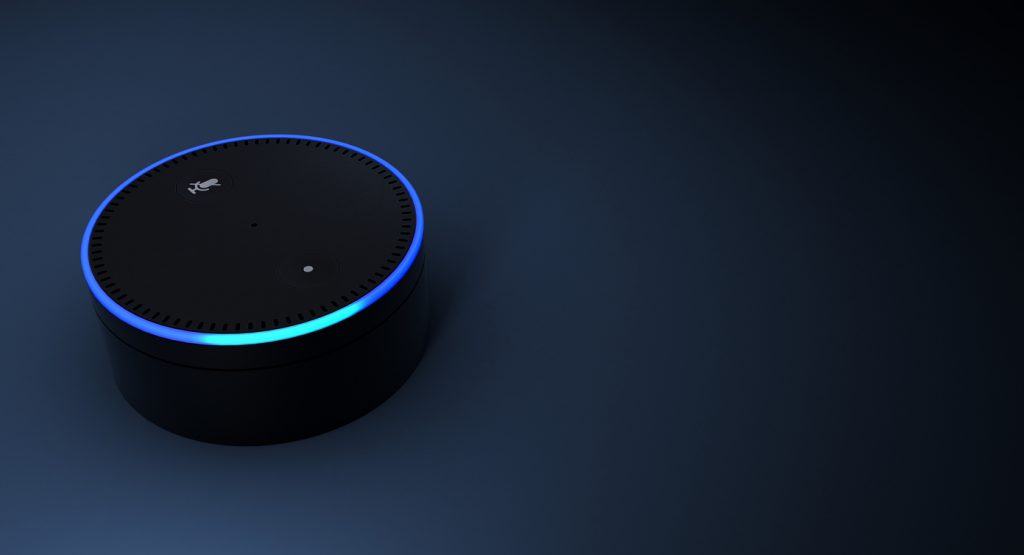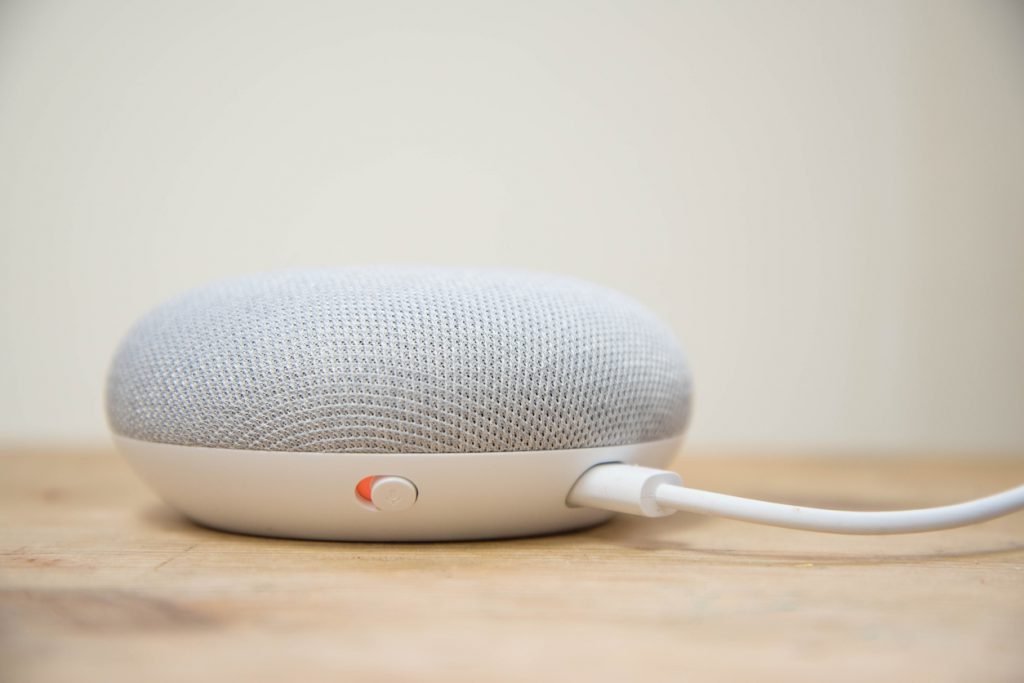
Voice control is still a fairly new technology, but with devices such as Google Home and Alexa, it is quickly becoming a preferred method of task execution throughout homes across the country. Incorporating voice control into your smart home automation system can provide even more flexibility and ease, but as with anything just starting out, it comes with its own set of unique abilities and limitations.
Google Home vs Alexa – Which is Better for Pairing with a Smart Home Automation System?
Google Home and Alexa are the two top in-home voice control devices on the market today, and both provide advantages when pairing with a smart home automation system. Each device includes the ability for the user to issue commands from their phone as well, bringing even more flexibility to voice control incorporated with smart home automation.
Both Voice Control Devices Allow for Customized Command Phrasing
Alexa and Google Home have the ability to utilize customizable phrasing for commands. This allows for homeowners to create and use the phrases that work best for them (and that they’re used to using already) rather than needing to memorize a list of selected key phrases for actions. When you personalize your home automation system, implementation becomes that much more enjoyable and practical.
Alexa and Savant Work Hand-in-Hand for a Fully Integrated System
Savant, an Apple-based home automation and control system, pairs well with Alexa. Savant has made it very easy to create scenes that can be instantly discovered and controlled by Alexa. For instance, when connected to your home lighting automation system, you are able to say, “Alexa, make the lights 50 percent”, and it will happen.
Features to Keep in Mind When Integrating Voice Control with Your Smart Home Automation

Even with the rising popularity of voice control devices, many consumers don’t realize the requirements and limitations of these products. As they are still quite new, so is the level of AI used to pick up and understand voice commands.
Voice Control Requires Microphones to be on 24/7
In order for your home automation system to recognize your commands, the microphones must be on at all times. While this might be par for the course for some, many consumers are not aware that the mics are always on and listening.
Voice Control Has Its Limitations in Interpretation
Artificial Intelligence is in the beginning stages itself, and with that comes a level of limitation to what your voice control device can interpret from your spoken commands. It’s important to remember that the programmed customized words and phrases are what will be recognized, not variations of them.
Internet Issues Can Cause Voice Control System Interference
When speaking a command to your smart home automation system, that command is going out over the internet with an action being sent back to your system to complete. If the internet is experiencing issues like being slow or if it goes down, your voice command may not go through, or it may take extra time for the system to complete the action. In these circumstances, it’s best to have remotes, keypads or touch screens that you can fall back on.
Overall, voice control devices have the ability to offer more flexibility and ease when paired with your smart home automation system. Voice control should compliment, not be the primary source, of home automation as we’re still in the early stages of this technology. However, once AI progresses to the point of natural language programming, the opportunities for use will be practically limitless.
If you’re interested in finding out more about integrating voice control with a smart home automation system, give MediaTech a call today!

